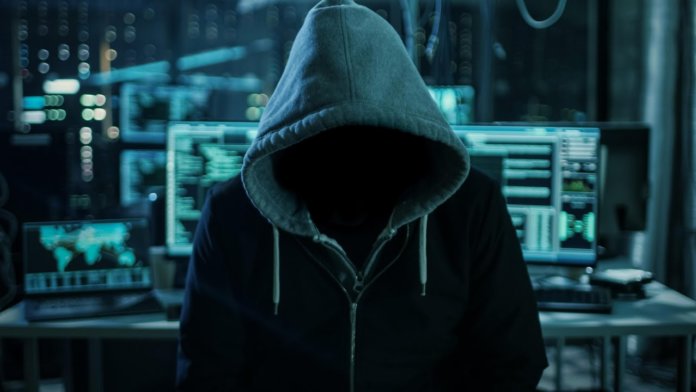Deep in the wilds of the World Wide Web, where search engine indexing is lacking, lies the "Deep Web" or "Invisible Internet" - a world of prohibited sites and illegal activities. The very fact of penetration there can draw the attention of the special services to you.
Or is it not at all like that? Here are the top 10 interesting facts about the Darknet and the Deep Web that might make you take a fresh look at the World Wide Web.
10. The Darknet is just a small part of the Deep Web
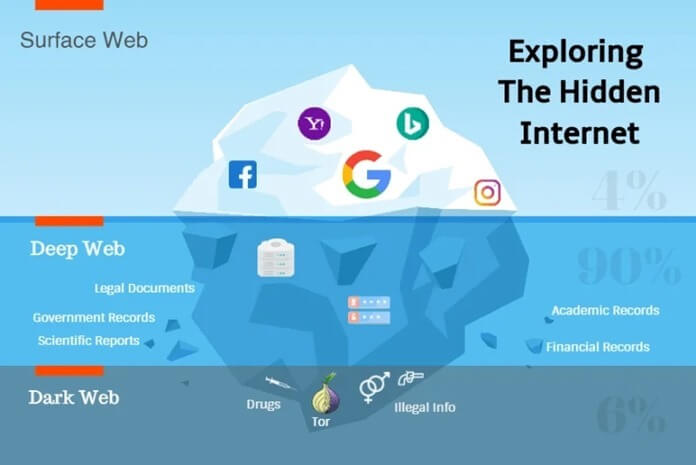
There are three levels of the Internet:
- Visible - Surface Web.
- Deep - Deep Web.
- The bottom one is DarkNet.
Often the words Deep Web and DarkNet are used interchangeably, although they are not. What is the Deep Web? In simple terms, this is a part of the Internet that is hidden from search engines such as Yandex or Google. This can be, for example, paid content available on the site, or your personal data on the social network, access to which you have closed from outsiders, etc.
And DarkNet, also known as "The Dark Web" and "The Dark Web", is a hidden and anonymous network that you won't get into with a regular browser. To dive there, you will need special encryption software. This means that users can communicate more freely and not be afraid of government control.
9. Many of the sites on the Darknet are completely innocent
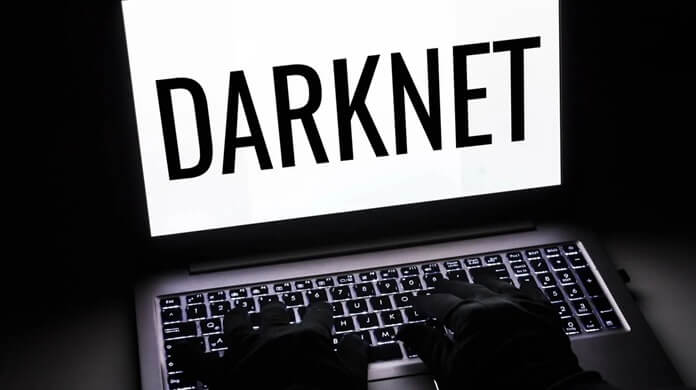 Matt Wilson, chief information security advisor at US-based BTB Security, says there is "a boring / squalid side of the Dark Web that is likely to come as a surprise to most people."
Matt Wilson, chief information security advisor at US-based BTB Security, says there is "a boring / squalid side of the Dark Web that is likely to come as a surprise to most people."
You can share recipes with videos, read e-books, discuss various issues, or take other actions that do not pose a direct or latent threat.
People use the Darknet for quite innocent things for various reasons: the desire to avoid tracking Internet habits, aversion to censorship, or simply the desire to "not be like everyone else."
And the Dark Web is also a safe haven for journalists, informers, and citizens living under dictatorial regimes.
8. To get to the Darknet, you need to use The Onion Router (TOR) browser
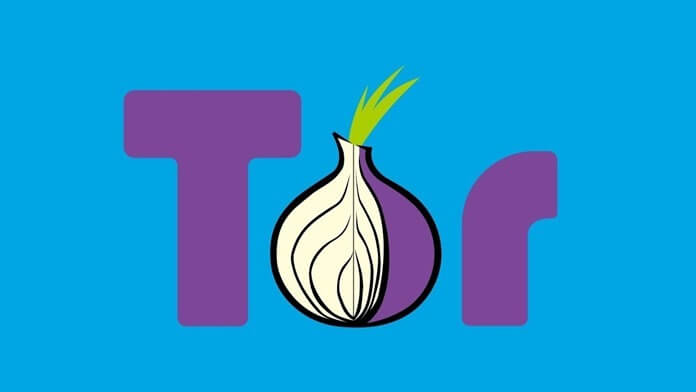 The Onion Router (TOR) is the most popular browser used to explore the dark corners of the Internet.
The Onion Router (TOR) is the most popular browser used to explore the dark corners of the Internet.
It is a system of proxy servers that allows you to remain anonymous when visiting online resources, instant messaging and other activities performed on the Web. All data transmission in TOR is encrypted.
TOR can give you access to the entire Web, not just the Dark Web. Therefore, many users use it to surf the Internet anonymously.
However, some hackers have found a way to bypass the encryption in TOR, so it's safer to use TOR in conjunction with a VPN.
7. Sites on the Darknet use the .onion domain
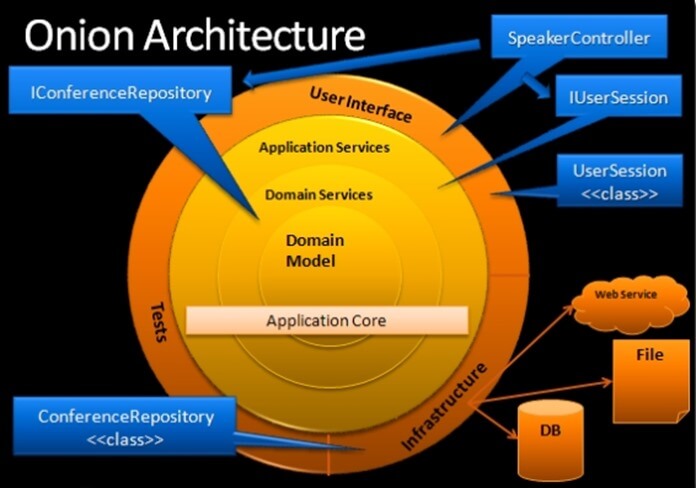 Sites with the pseudo top-level domain .onion can only be accessed using specific browsers like TOR. As a result, such resources are much more difficult to track.
Sites with the pseudo top-level domain .onion can only be accessed using specific browsers like TOR. As a result, such resources are much more difficult to track.
However, you cannot simply launch your TOR browser and enter a query like "10,000 credit card details." Most of the resources hosted on the Darknet are available by invitation only. Finding the correct address yourself, which consists of a chaotic mixture of letters and numbers, is hardly possible.
You may have to take a test before being invited - for example, do something that law enforcement officials should not do.
6. Browsing the Dark Web is not illegal
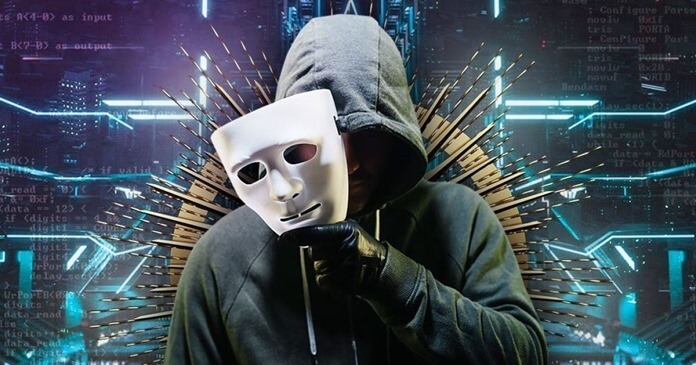 The illegality of entering the Darknet is one of the common misconceptions. But in fact, using the TOR browser or visiting .onion sites for a legitimate purpose is not illegal in Russia.
The illegality of entering the Darknet is one of the common misconceptions. But in fact, using the TOR browser or visiting .onion sites for a legitimate purpose is not illegal in Russia.
You can browse sites or even communicate in many forums on the "dark side" as long as you do not use them for illegal business transactions or start distributing prohibited content (such as, in particular, extremist posts, excuses for Nazism and calls for mass riots).
Remember that since 2016 Russia has had a law on non-reporting (Article 206.6 of the Criminal Code of the Russian Federation ("Failure to report a crime"), which provides for a fine of up to 100 thousand rubles or 1 year in prison (or correctional labor), if it is proved that the person knew about the impending terrorist crime, but did not inform where to go, except that you can not inform on close relatives or spouse.
5. Many software on the Darknet use the EULA
Funny feature: It is not uncommon for malware that has migrated to the Internet on the Internet to use EULA. I wonder if the author of the program is ready to get out of the dark and sue someone who violates the terms of this agreement?
4. Most of the sites selling anything on the Darknet are scams
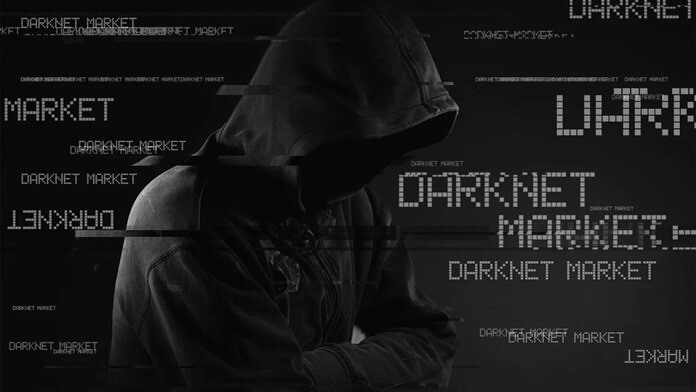 There are places on the Dark Web where you can buy anything from illegal software and content to drug labs, prescription drugs and weapons. However, when you buy something prohibited on the Darknet, the chances of the item being delivered to your home are not very high.
There are places on the Dark Web where you can buy anything from illegal software and content to drug labs, prescription drugs and weapons. However, when you buy something prohibited on the Darknet, the chances of the item being delivered to your home are not very high.
Like this. The salesperson can easily run away with both your money and your self-respect. Where are you going to complain?
Some Darknet markets, such as the now defunct Silk Road, have shown supplier credibility ratings. But even this does not save from sellers who have earned a high rating for themselves, and subsequently wanted to "throw on money" new buyers.
3. Most financial transactions on the Dark Web use bitcoins
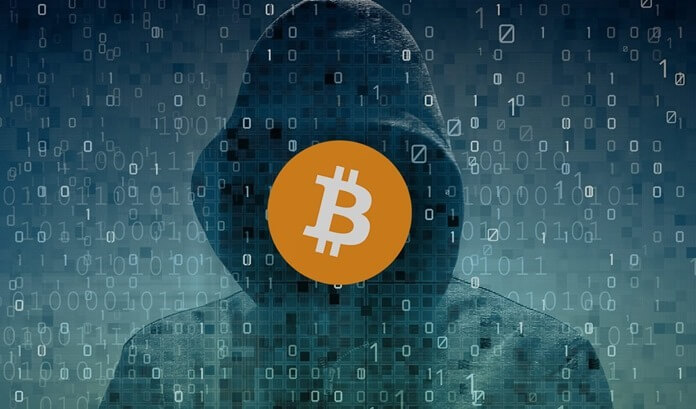 Bitcoin is a virtual currency ideal for the Darknet. It allows users to conduct business anonymously. Bitcoins cannot be counterfeited and very difficult (although not impossible) to trace.
Bitcoin is a virtual currency ideal for the Darknet. It allows users to conduct business anonymously. Bitcoins cannot be counterfeited and very difficult (although not impossible) to trace.
Other types of cryptocurrencies can be used in sales on the Darknet, but Bitcoin is the most popular of them.
2. Why won't the Darknet be closed?
The power of the Darknet lies in the fact that this network cannot be turned off in just one place. If you pull the plug from the American or Russian side, the rest of the Dark Web does not cease to exist.
When a website on the Darknet really needs to be shut down, several agencies work together to make it happen. For example, if American law enforcement officers want to shut down a resource that sells Dutch marijuana, they will need the help of the Dutch police, Europol, and possibly a number of other departments and authorities.
Below is a screenshot of a specific site that required the collaboration of at least ten different agencies in several countries to close. The fact that all these institutions had to work together to achieve this goal shows how difficult it is to get rid of even one part of the Darknet, let alone all of it.
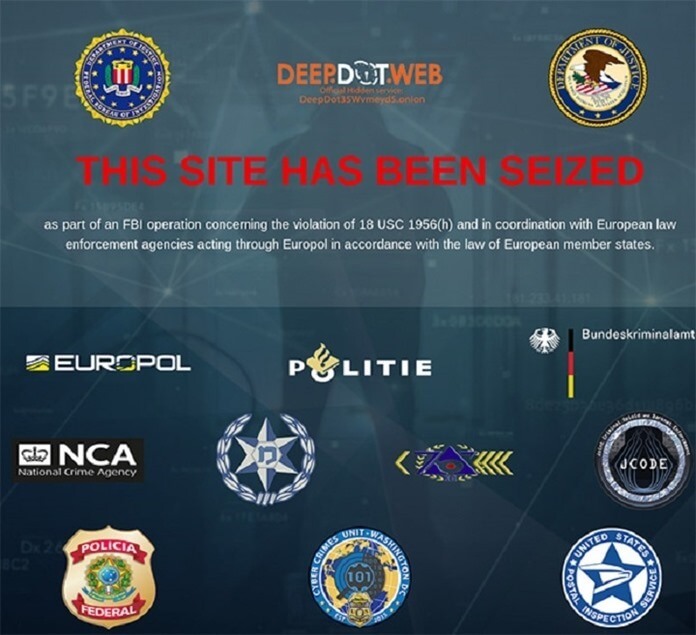
In addition to the failure of any state to completely shut down the Darknet, the United States and probably many other countries also benefit from its presence, even if there is illegal business. The hidden network is still used by intelligence agencies as a reliable channel for communication. It is also one of the best tools for transmitting compromising evidence against political and other prominent figures. Of course, this is a double-edged sword, which has been proven by WikiLeaks and the activities of Edward Snowden.
Thus, the Darknet can be both a useful and a dangerous place on the World Wide Web. It all depends on your intentions.
1. The weirdest purchase on the Darknet
This funny and slightly sad story tops the collection of interesting facts about the Darknet. It has both non-standard demand and a very expensive supply.
In 2010, two British men were arrested for illegally selling their semen on the Dark Web. The semen deals brought the enterprising British an estimated $ 330,000. Semen was not screened for any diseases. These two people represent only a small fraction of the male biomaterials market on the Darknet.
But why do people buy such a service? The fact is that in some countries, for example in Canada, it is legally impossible to buy or sell a seed. And women who want to become a mother, but have no partner or friends to donate such valuable liquid to them, are forced to go to the Dark Internet, where everything is found.

